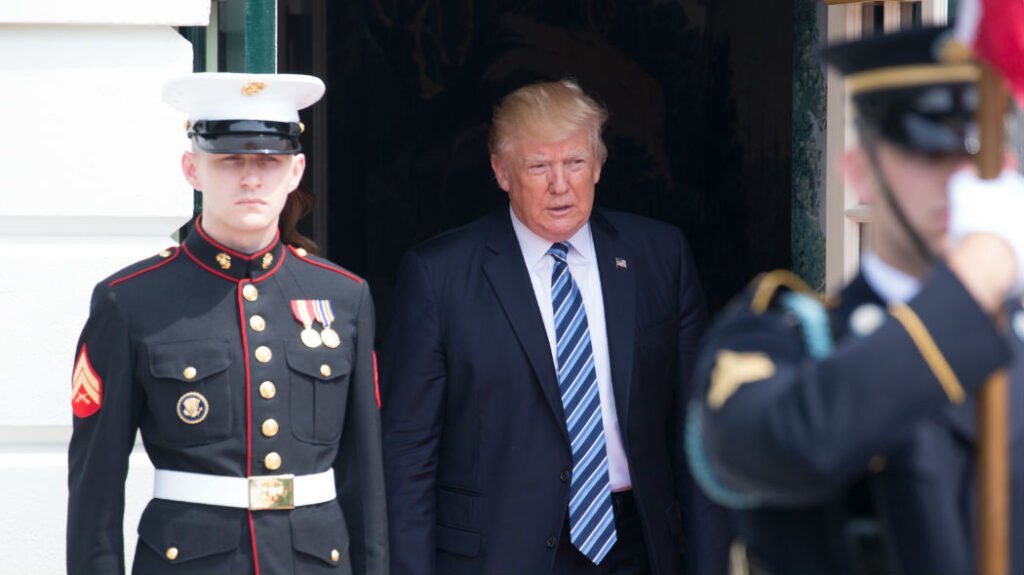
Washington, D.C. – A new report from House Democrats has reignited concerns about potential conflicts of interest involving former President Donald Trump’s businesses and foreign governments. The report details at least $7.8 million in payments received by Trump’s companies from over 20 foreign entities during his presidency, raising questions about the influence these payments may have had on his policy decisions.
The report, compiled by the House Oversight Committee, delves into financial records obtained through a lengthy legal battle with Trump’s former accounting firm. It reveals that China topped the list of foreign spenders, pumping in over $5.5 million, primarily through lease payments at Trump Tower in New York and the Trump International Hotel in Washington, D.C. Saudi Arabia followed closely behind, shelling out over $615,000 at the same Washington hotel.
“No president in American history has come close to accepting this level of foreign money while in office,” declared Rep. Jamie Raskin, the ranking Democrat on the Oversight Committee. He further emphasized the potential for undue influence, stating, “The Constitution’s core principle is that the president serves the American people, not foreign governments seeking to curry favor.”
Trump’s defenders, however, argue that the transactions were purely commercial and did not affect his policymaking. Eric Trump, one of the former president’s sons, has claimed that any profits earned from these foreign guests were returned to the U.S. Treasury through a voluntary annual payment.
However, the report casts doubt on this assertion, noting that the voluntary payments were significantly less than the documented revenue from foreign sources. Additionally, it highlights the lack of transparency surrounding these transactions, with many details remaining shrouded in secrecy due to ongoing legal challenges.
The revelations have sparked outrage among Democrats, who see them as further evidence of Trump’s disregard for ethical norms and potential abuse of power. They have called for further investigations and potentially even legal action, arguing that the transactions may have violated the Foreign Emoluments Clause of the Constitution, which prohibits presidents from accepting gifts or payments from foreign governments.
Republicans, on the other hand, have downplayed the significance of the report, accusing Democrats of playing partisan politics. They argue that the payments were insignificant compared to the overall size of Trump’s businesses and that no evidence of direct influence on policy has been presented.
Regardless of the political spin, the report undoubtedly raises serious questions about the potential for conflicts of interest during Trump’s presidency. With the details now public, the American people will be closely watching to see how the legal and political ramifications of these revelations unfold in the coming months and years.





